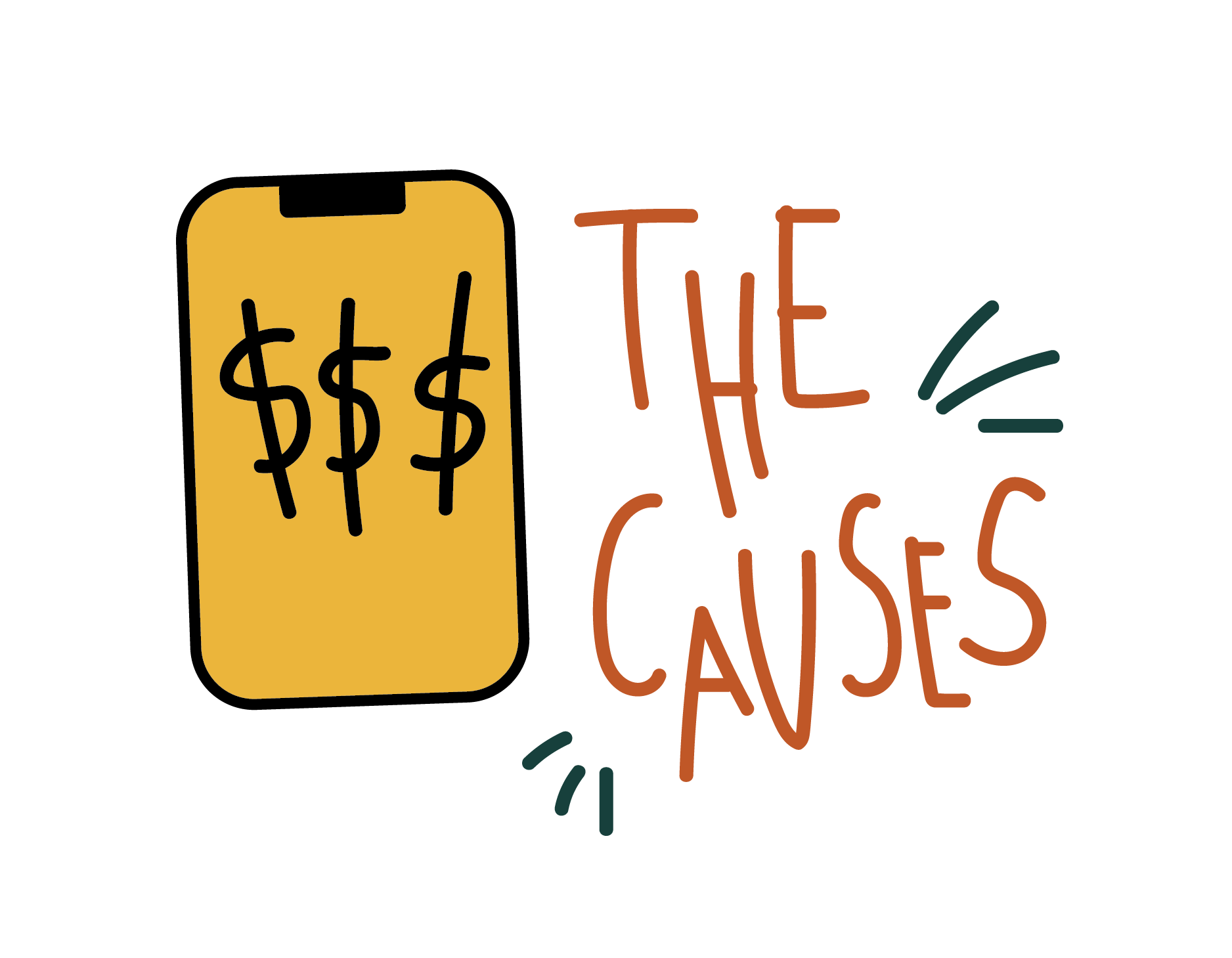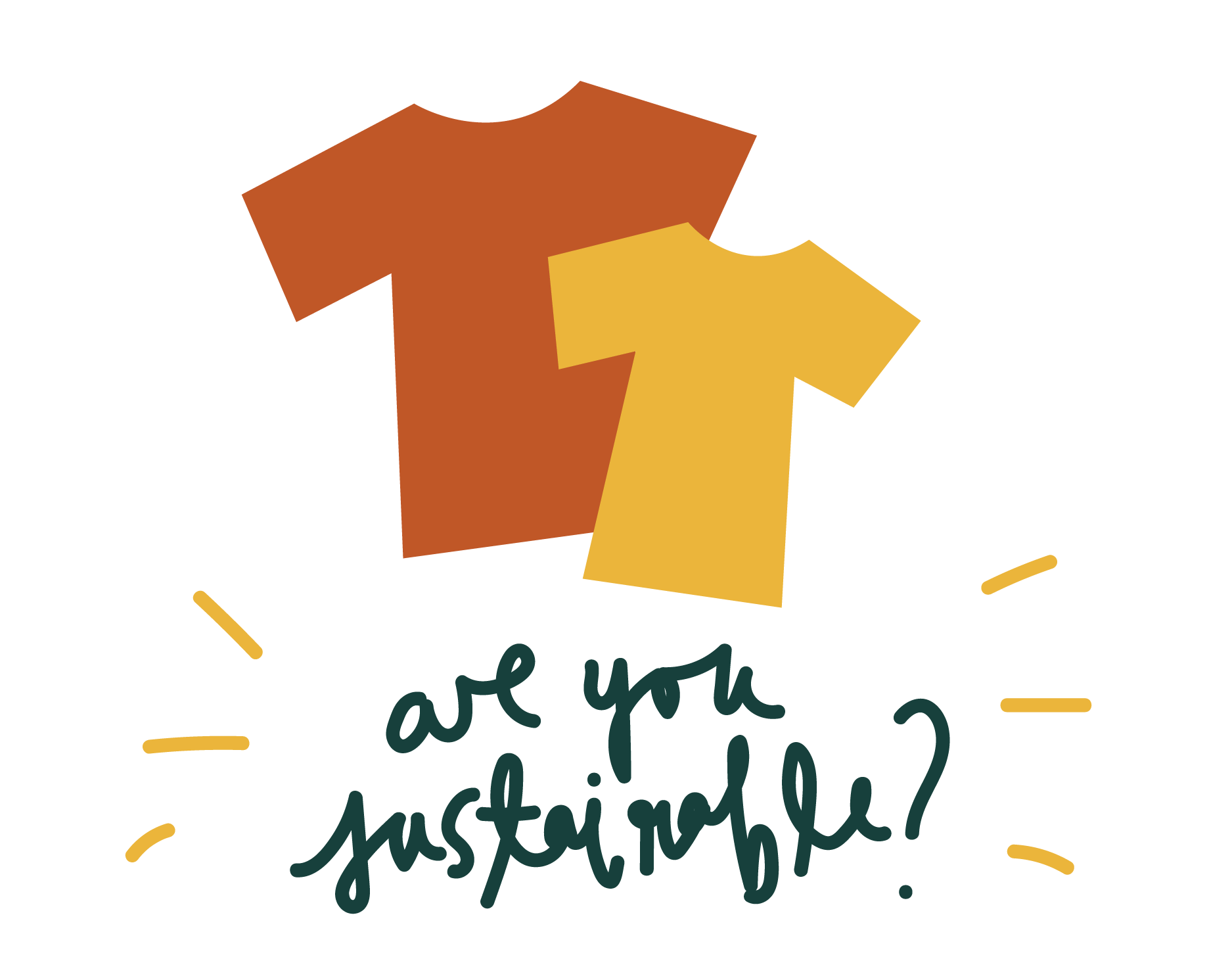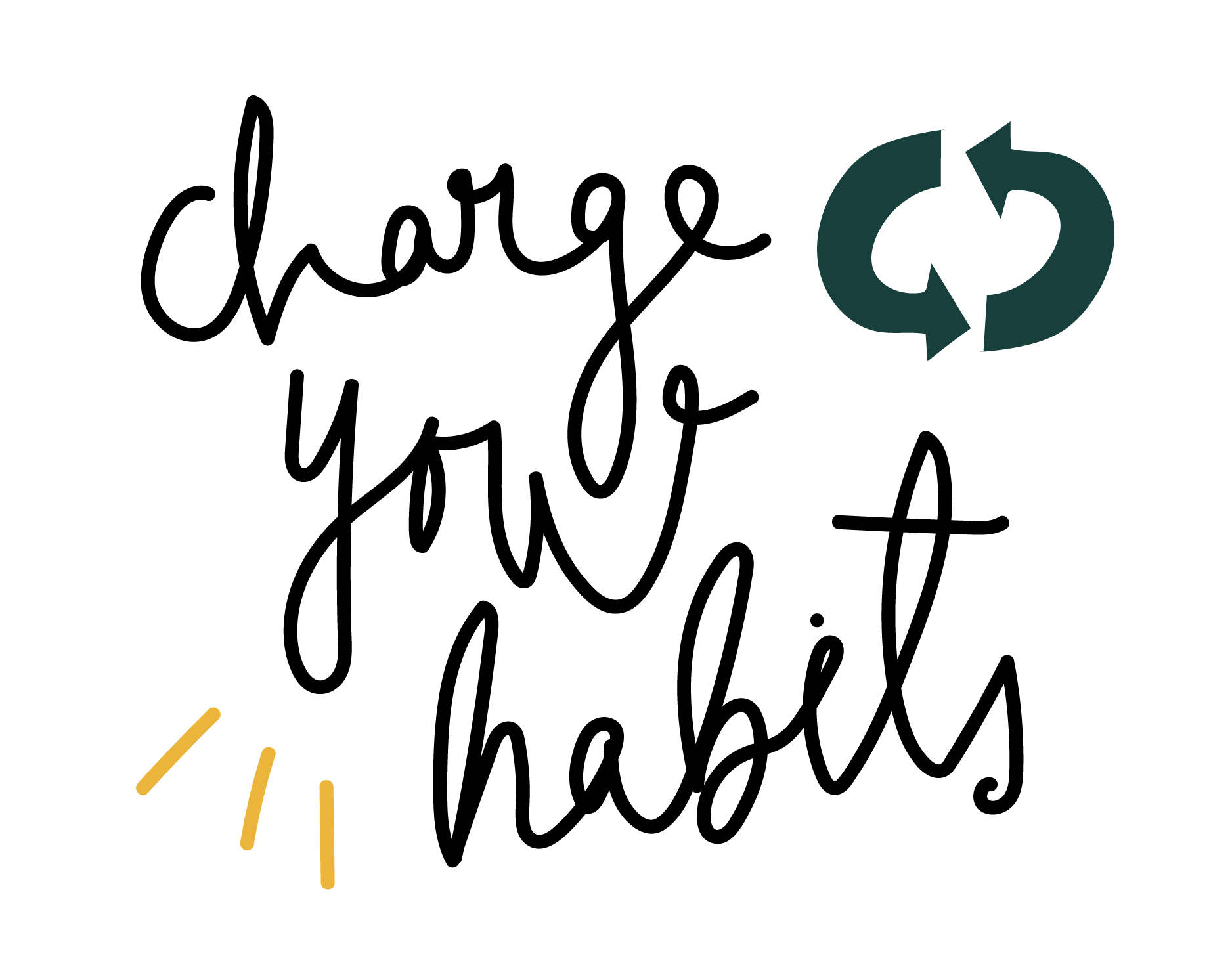In the 1950s, if a woman wanted to purchase a ready-made dress, she could spend about $9 (or $72 in today's dollars) to order an item from a Sears catalog. Today, a shopper could walk into Forever 21 and buy a simple dress for about $12. The price of an article of clothing today - along with the cost of material, labor, and supply chain logistics required for its creation - is cheap, but it's likely not made to last.
Online retailers, which have been dubbed "ultra-fast fashion," are even speedier: A report by Coresight Research found that the site Missguided releases about 1,000 new products monthly, and Fashion Nova's CEO has said that it launches about 600 to 900 new styles every week. The rapid rate at which new capsule collections and trendy designs are being released only feeds into shoppers' desire to buy more.
"We are almost conditioned by the fashion industry to keep buying and buying new things every season."
Kate Nightingale
It's clear that retailers can no longer avoid addressing questions about their environmental efforts, but their motives are typically received with a healthy dose of skepticism.
As green buzzwords and sustainability pledges grow more common, consumers and critics need more convincing - especially from fast fashion brands, whose business model centers on speedy production. The pace at which these companies are improving is not enough to alter the DNA of the fast fashion economy, said Nightingale, the fashion consultant.
The fashion industry is changing. But is it changing fast enough? The 2020 McKinsey report on the state of fashion predicts that revenue growth will slow and that sustainability will continue to be a hot topic. It's no longer enough for even the largest fast fashion retailers to idly exist without a sustainable mission statement. Whether that mission carries any weight to consumers could determine the brand's future. Now that sustainability is at the forefront of many people's minds, it's easier than ever to sniff out an inauthentic pledge.
"Brands need to realize the impacts they have on people's lives and behaviors," Nightingale said. "If brands commit to doing business differently, people will start changing how often they buy. They just need to be given a good enough reason to participate."




